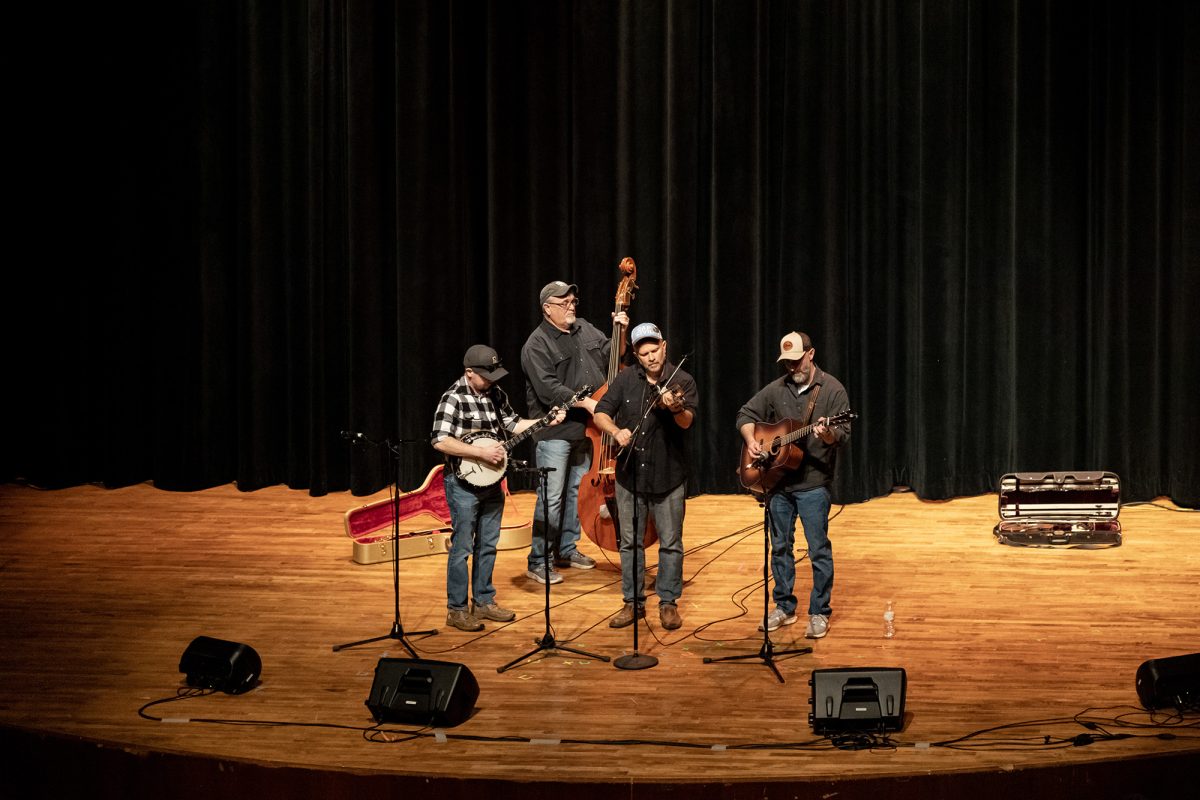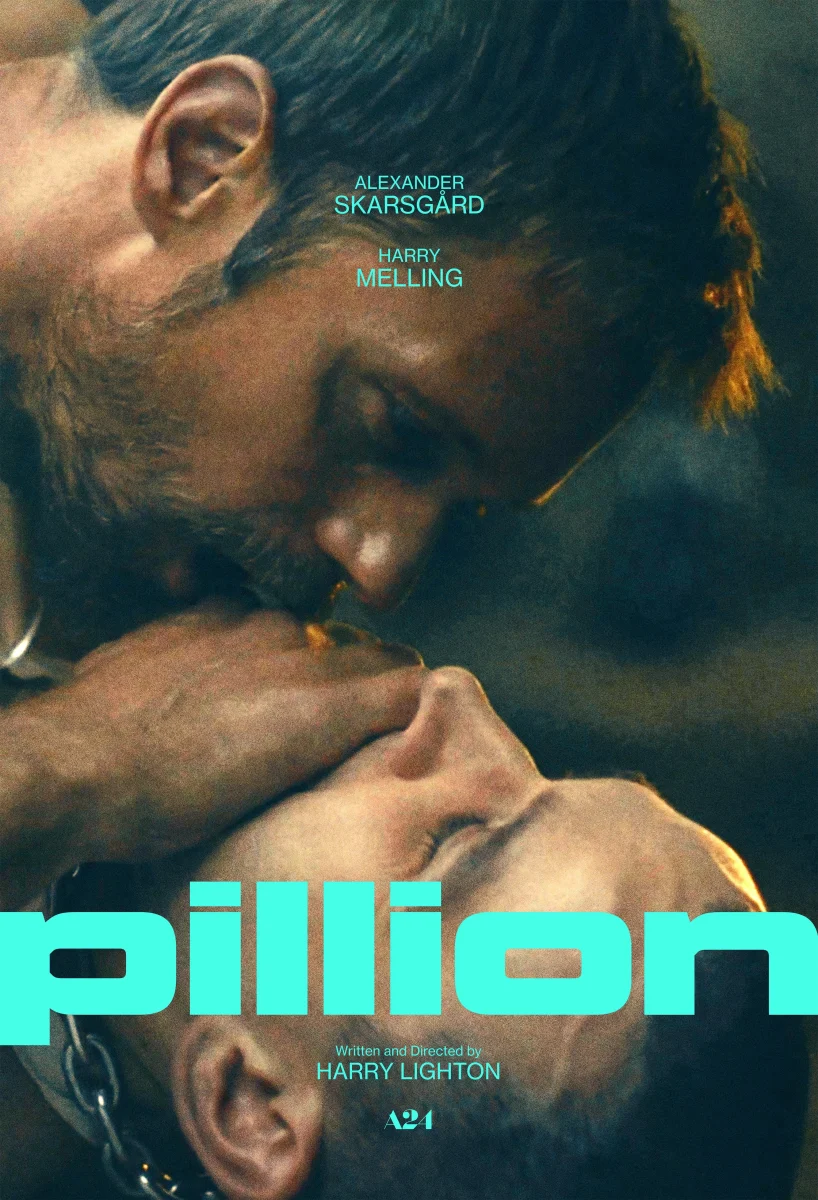John Nichols, Washington correspondent for the liberal magazine The Nation, spoke at the International House on Friday, May 14, beginning his speech by saying he was honored to be the replacement for journalist Seymour Hersh, the original speaker.
“Seymour Hersh is not the greatest journalist of our time, but possibly the greatest journalist of all time,” Nichols said about Hersh, the journalist who broke the My Lai massacre during Vietnam and is currently investigating the Iraqi prison abuse. Nichols then described a conversation he had with Hersh two weeks ago about Iraq as “chilling.”
“The best analogy I heard when we as a country invaded Iraq was to think about it as if we are in a car, and we drove off a cliff,” Nichols said.
Nichols’s speech was the centerpiece of “Constru(ct)ing the Current: Theorizing Media in the New Millennium,” a conference in which panelists and speakers examined the state of news media and how it covers political issues.
For Nichols, political news media is in a state of crisis. As he explained, even though Americans have reached an age of intense democracy, journalism has not followed the same path. Instead, it now curries to ratings and the approval of the government, which leads to a delineation against democracy.
“Roughly five companies control the vast majority of media,” Nichols said. “These changes are tearing at the fabric of democracy. From all indications, all measures of civic involvement are down, Americans are now a less civically engaged people, and there is widespread ignorance of fundamental issues.” Nichols referred to the overwhelming opinion without any substantial proof that Saddam Hussein had al Qaeda links.
“We have reached the point now where it is fair to say this is the worst media ever,” Nichols said of the state of today’s media. “We have replaced journalism with media basically.” Nichols then defined journalism—which is not always fair and balanced, but always hopefully has honest and decisive journalists—as the opposite of propaganda. Above all, it is determined to tell the truth, even if that truth is painful. For Nichols, media is a set of communications delivery systems that seeks the lowest common denominator to get the biggest profit.
Nichols was particularly critical of the news media before the Iraqi invasion last March, which he felt gave the government too much leeway and did not ask the pressing questions concerning this most important decision.
“We have media so bad, so inept, that the last press conference before Iraq that was held at the White House, the journalists basically let President Bush run the show,” Nichols said. “There were journalists there who afterwards were embarrassed of other journalists who didn’t ask the right questions.”
Nichols said that journalists could have more serious coverage of political issues and less of the “hypercommercialism” that dominates news, which he described as “how many things are they trying to sell me,” during the newscasts. He also championed the fight several activist groups, including MoveOn.org, are waging against the FCC’s new media ownership rules, which allow for more consolidation. As a result of protests against the new rules, the FCC received more than two million responses and comments.
“When you concentrate the media, it’s bad for the left and bad for the right, bad for both sides,” Nichols said.
He ended his speech on the optimistic note that today’s generation of activists and liberalists will carry on the fight to make the press free again.
“We are in the age-old fight between the powerful and the few,” Nichols said. “The fight will not be easy, but the fundamental underpinning of our democracy will be a broad, cacophonous, diverse press that channels all ideas. We’ve reached the point at which we must fight and decide which side are you on—journalism and democracy or media and diminishment of democracy.”
Gretchen Soderlund, an organizer of “Constru(ct)ing the Current,” and the Mellon Fellow and assistant professor of communications and society, thought Nichols gave an insightful speech on the media given that he had 48 hours to prepare it.
“I believe his speech was in the same vein as Seymour Hersh’s views,” Soderlund said. “It had something for everyone, from academics, journalists, students, and the more general public. It conveyed the state of the media today and what we need to do to improve it.”








